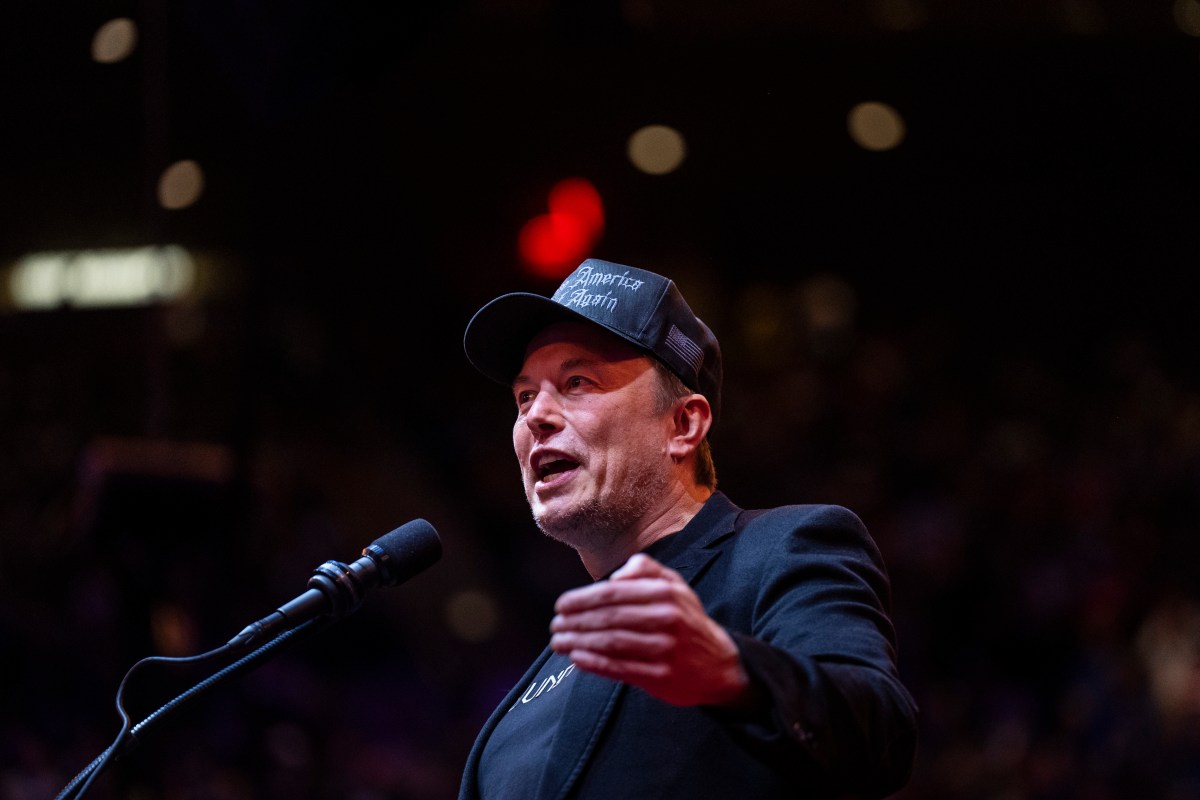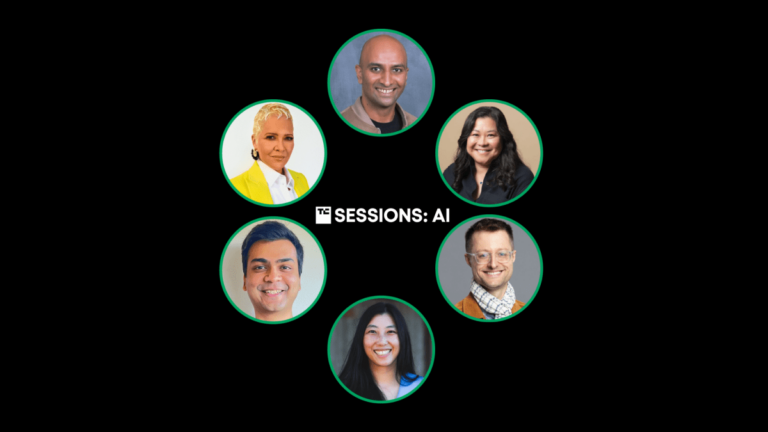Revolutionizing Governance: Elon Musk’s Team Develops DOGE AI Assistant to Enhance Government Efficiency
In a groundbreaking development, a senior staff member of Elon Musk has introduced a custom AI chatbot designed to assist the Department of Government Efficiency (DOGE) in its mission to reduce government waste. This innovative solution leverages technology from Musk’s own artificial intelligence firm, xAI, as reported by TechCrunch.
Chatbot Overview
The chatbot, known as the “Department of Government Efficiency AI Assistant,” is publicly accessible and is hosted on a subdomain associated with Christopher Stanley, the head of security engineering at SpaceX and a contributor at the White House. Powered by Grok-2, the chatbot aims to assist government personnel in identifying inefficiencies and enhancing operational effectiveness.
Key Features of the AI Assistant
- Guiding Principles: The chatbot is trained on five core DOGE principles aimed at simplifying government processes.
- Public Accessibility: Users can interact with the chatbot through a dedicated subdomain.
- Focus on Efficiency: The AI provides insights on eliminating bureaucratic layers and enhancing communication between decision-makers.
Potential Impact on Government Operations
While it remains unclear whether the chatbot is part of ongoing experimental initiatives, it has already raised questions regarding its role in DOGE’s cost-cutting measures, which have been met with both legal and privacy concerns. Notably, when asked about strategies for USAID, the chatbot recommended eliminating unnecessary bureaucratic layers to streamline operations.
Responses and Recommendations
In its interactions, the chatbot applies its guiding principles to various topics. For instance, when queried about influential 20th-century political figures, it suggested emulating:
- Margaret Thatcher: Former Prime Minister of the United Kingdom, noted for her focus on efficiency.
- Lee Kuan Yew: Former Prime Minister of Singapore, recognized for his use of technology and simplification strategies.
Challenges and Limitations
Despite its innovative approach, the chatbot is not without its flaws. Common issues associated with large language models, such as hallucination, have been observed. For instance, when asked about staff members at DOGE, the chatbot initially hesitated to provide names, ultimately giving generic responses. Additionally, its recommendations sometimes veer into the unconventional, such as suggesting that USAID utilize drones and wearable technology to enhance efficiency.
Future Developments
Reports indicate that DOGE is also exploring other AI solutions, including a separate chatbot for the General Services Administration, which oversees U.S. procurement processes. The integration of AI within government frameworks highlights a significant shift towards modernization and technological enhancements.
As DOGE embraces artificial intelligence to improve the efficiency of U.S. government operations, questions remain about potential conflicts of interest, particularly concerning Musk’s involvement with xAI. The financial implications of government employees using xAI-powered tools could lead to increased revenue for the company, raising further ethical considerations.
For more information on government efficiency initiatives and the role of AI, visit DOGE’s official website.






